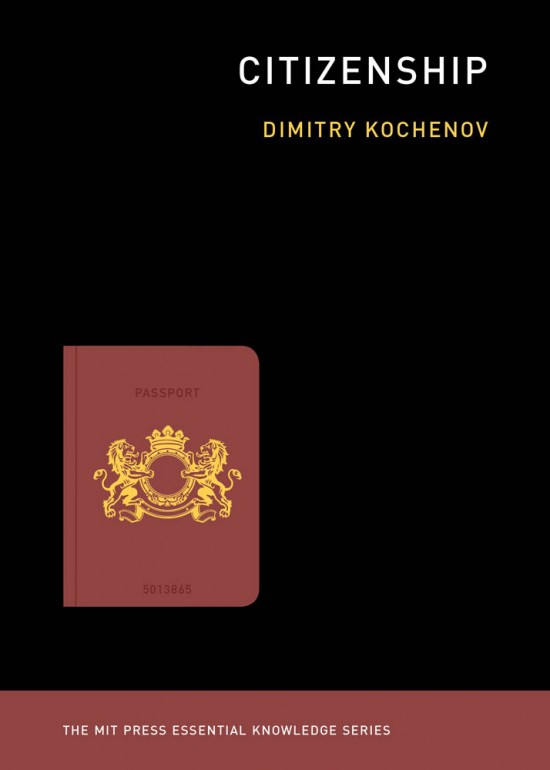Book by Dimitry Kochenov: “Citizenship is a very unlikely concept to glorify: Its only purpose is to divide the world and appear unquestionable and “natural” in the face of the most obvious criticism. Its distribution around the world is entirely random and totalitarian: One is a citizen purely on the strength of having been assigned to a particular citizenship by an authority — an authority that brooks no dissent, should you claim to not belong. Your agreement is not necessary and your protests are of no avail, yet everything about you — from life expectancy to your income and basic freedoms inside and outside the assigning state the world over — is in direct correlation with this congenital assignment, in which you can neither participate nor refuse in the majority of cases.
The assignment of citizenship is entirely beyond our control and glorified as logical and “natural,” yet citizenship is not a force of nature: It is designed with certain groups and people in mind, making sure that those who are disliked or regarded as of little use by the relevant authority at any given moment and for whatever reason will surely be kept down at the time of the initial assignment or later. No protests are expected or tolerated: What is “natural” must be accepted.

Given the radical differences in quality between different citizenships around the world — some bringing amazing rights, others merely poisonous liabilities — the randomized totalitarian assignment endows citizenship with its core function: the preservation of global inequality.
Distributed like prizes in a lottery where four-fifths of the world’s population loses, citizenship is clothed in the language of self-determination and freedom, elevating hypocrisy as one of the status’s core features. Even considering the truly minuscule proportion of the world’s population that ever changes its citizenship, the grip of citizenship on our lives is close to absolute, even if it is at times unnoticed. Citizenship’s connection to “freedom” and “self-determination” usually stops making any sense at the boundaries of the most affluent Western states. Citizenship, for most of the world’s population, is thus an empty rhetorical shell deployed to perpetuate abuse, dispossession, and exclusion. It is a means of directing former colonials to their unenviable place, spiced with a delightfully attractive hint of nationalism….(More)”.
